
Groceries are expensive, and we need to make our foods last as long as possible. Most of us think of the refrigerator as the perfect place to store foods to keep them well-preserved. Nevertheless, some foods should never end up in our fridge.
Check your fridge for the following 30 foods — you may free up some storage space.
1. Potatoes

Cold temperatures speed up the process of starch turning into sugar making potatoes gritty and sweet. Instead, put the potatoes in a paper bag and store them in a cool (not cold) dark place. Martha Stewart suggests to store them as close to 45 degrees as possible.
2. Bananas

Keeping bananas in the fridge will facilitate rotting, and nobody wants a rotten banana. This tasty fruit is best kept on the countertop until they have ripened.
3. Garlic

Refrigeration will zap all the flavor out of your garlic. Go ahead and just leave it in the pantry instead.
4. Avocados

Unless you are trying to halt the ripening process, do not keep the avocados in the fridge. Putting unripened avocados in the refrigerator keeps them hard and inedible. These fruits belong on the counter with the bananas.
5. Onions

Putting your onions in the fridge makes them soft and moldy. Yuck. According to the National Onion Association in the U.S, unpeeled onions should be kept out of plastic bags and fridge. They need air to reach maximum life. A peeled onion, however, should go in the fridge.
6. Dried Beans

Putting dried beans in the fridge depletes their flavor. Not to mention, it could even cause beans to sprout. Nobody wants a garden in their fridge, so they are better kept in the pantry on a shelf.
7. Bread
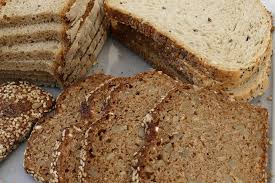
The fridge will get dry the best of your bread by drying it out very quickly. Bread needs to be kept out for up to several days before being put in the freezer for it be ready for later use. Unless the bread is in fact sliced sandwich bread that you plan to eat within a few days, bread is ideally kept on the counter, in a bread box, or in the freezer.
8. Coffee

Ground coffee and beans are best kept in an airtight container or the freezer. Placing coffee in the fridge will make it lose its actual flavor much quicker than when left at room temperature. If you have large quantities of beans or grounds, freeze them in a completely airtight container.
9. Honey

Honey hardens and crystallizes when left in the refrigerator and this leaves it pretty much useless. Honey is very easy to store. An open jar of honey or container of honey may last for up to two years.
10. Pickled things

Anything that has been pickled is already packed with so much sodium and brine that it is sitting in its own preservatives. No need for refrigeration here!
11. Berries

Cold temperatures speed up the ripening process of the berries and leave that yucky fuzz all over them. You should keep berries on the counter and eaten while they are ripe as well as tasty.
12. Olive oil

Olive oil will gradually turn into a thick, butter-like texture if kept in the refrigerator. It is best stored in a cool (but not cold), dark place.
13. Basil
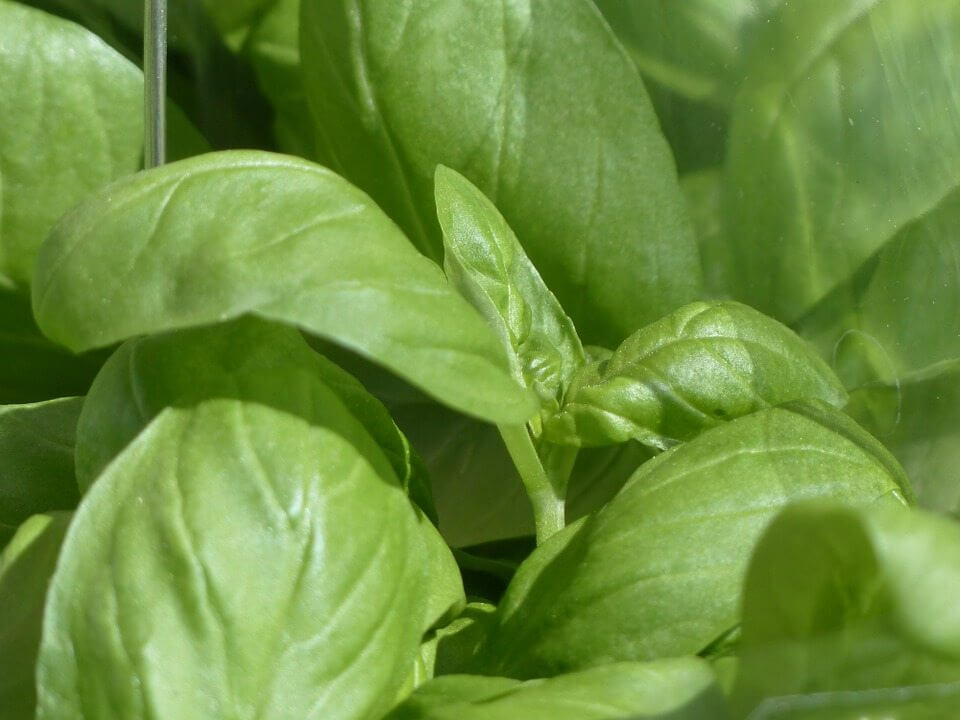
If you place basil in the fridge, it'll wilt much quicker. Instead, put it in a cup of fresh water like you would do with flowers. You can also blanch and freeze it if you would like to store the tasty herb for a long duration of time.
14. Tomatoes

Tomatoes will loose all their flavor if they're stored in the fridge. The refrigerator will also warp the texture. Put tomatoes in a bowl or a basket on the counter.
15. Melons
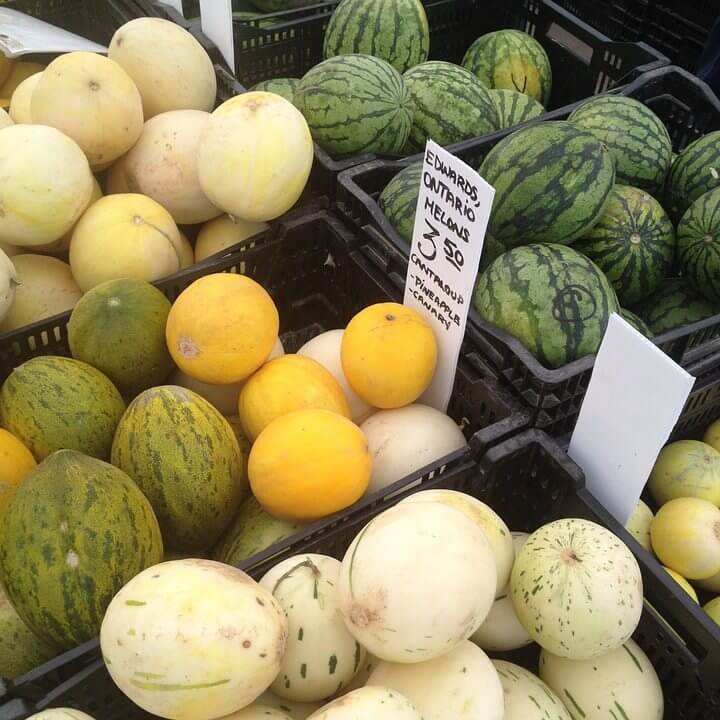
Unless you have cut open your melons, do not put them in the fridge. Keeping melons in room temperature maintains their antioxidant levels. They'll also lose their beta-carotene if you put them in the fridge.
16. Pumpkin

Dark, cool, and dry are the ideal conditions to store a pumpkin, but not cold. Keeping a pumpkin in the fridge makes it mushy.
17. Apricots and peaches

Just like tomatoes, these tender fruits will halt in the ripening process if you keep them in the fridge. They'll also lose their nutrients. Place them on the counter instead.
18. Peanut butter
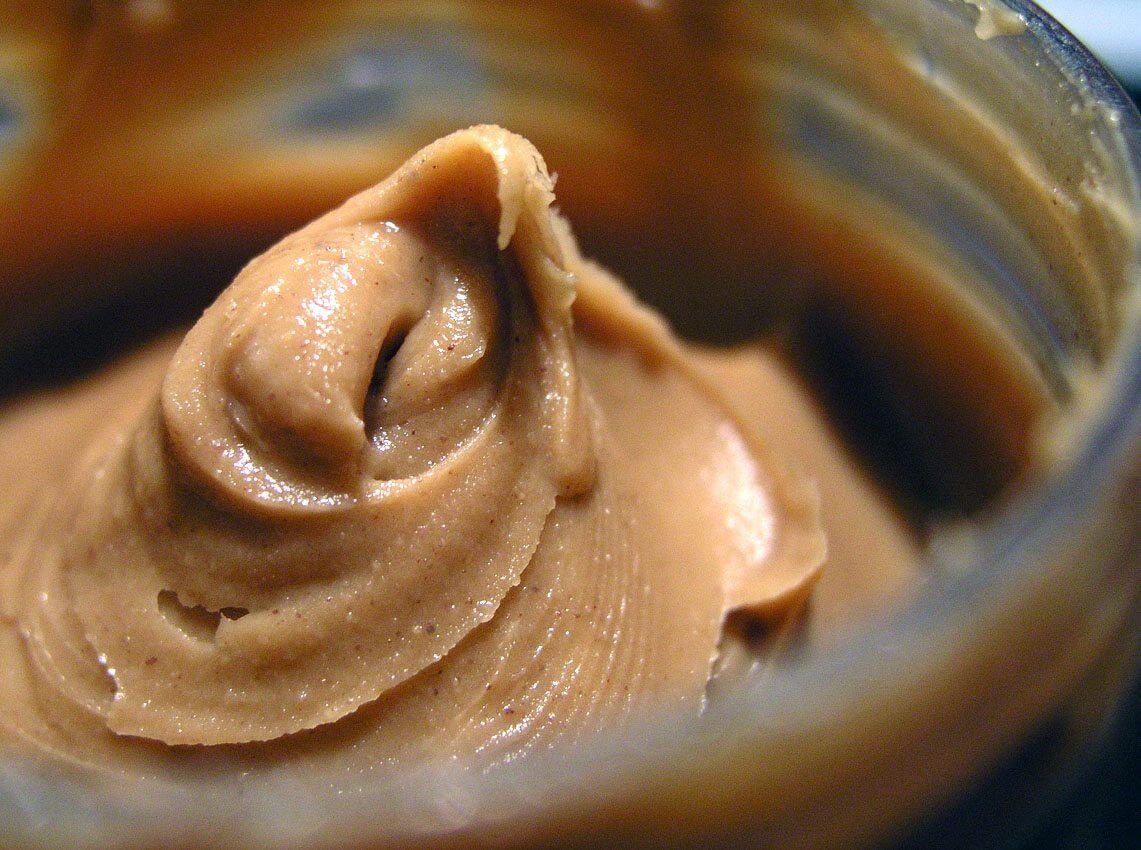
Keeping your peanut butter in the fridge turns it hard, dry, and sometimes impossible to spread. If you keep the jar of peanut butter in the cupboard instead, it'll be soft and spreadable.
19. Eggs

Almost every other nation besides the US keeps their eggs at room temperature. Placing your eggs outside of the fridge or in the fridge won't change the nutritional properties. It is perfectly safe to keep eggs in the cupboard.
20. Ketchup

The preservatives ketchup contains can maintain its quality without needing refrigeration. Therefore, if you accidentally forgot to place the ketchup back in the fridge, it's no big deal — you can just leave it out.
21. Canned tuna

Some people put their canned tuna in the fridge, but as long as it is sealed tight, it it possible for it to remain at room temperature for months. Plus, it'll taste better when eaten at room temperature.
22. Citrus

Citrus fruits can experience chill damage if they're left in the refrigerator. Citrus must be at room temperature to fully ripen.
23. Cucumber

Cucumber will decay very quickly if it is kept in the fridge. It'll also damage the skin. Store cucumbers in a cool, dry place instead. It will keep fresh for much longer.
24. Carrots
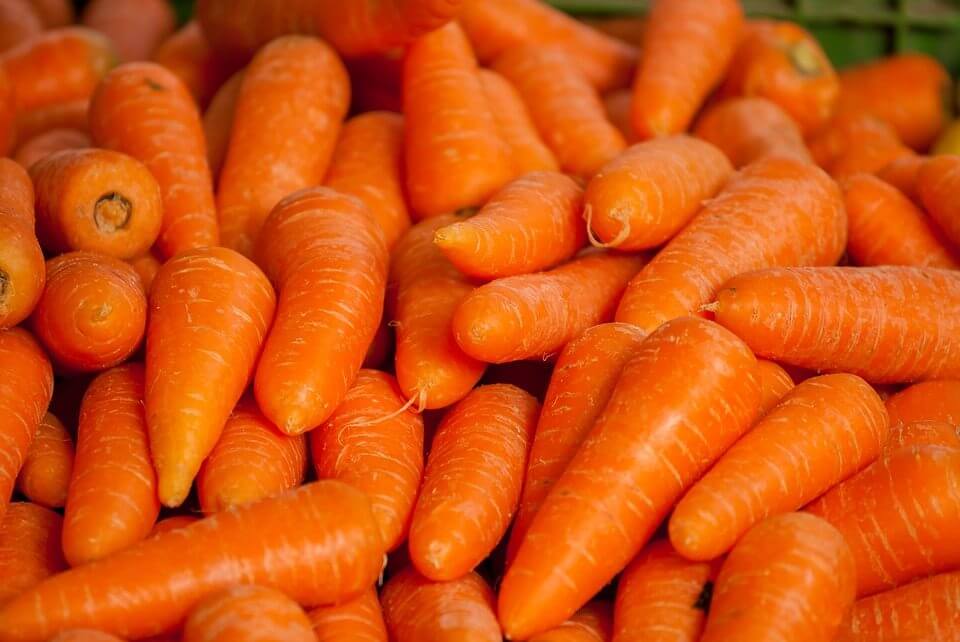
Just like cucumbers, refrigeration speeds up a carrot’s decaying process. Nobody likes a soft carrot. Store them at room temperature but make sure to prevent them from exposure to direct sunlight.
25. Chocolate
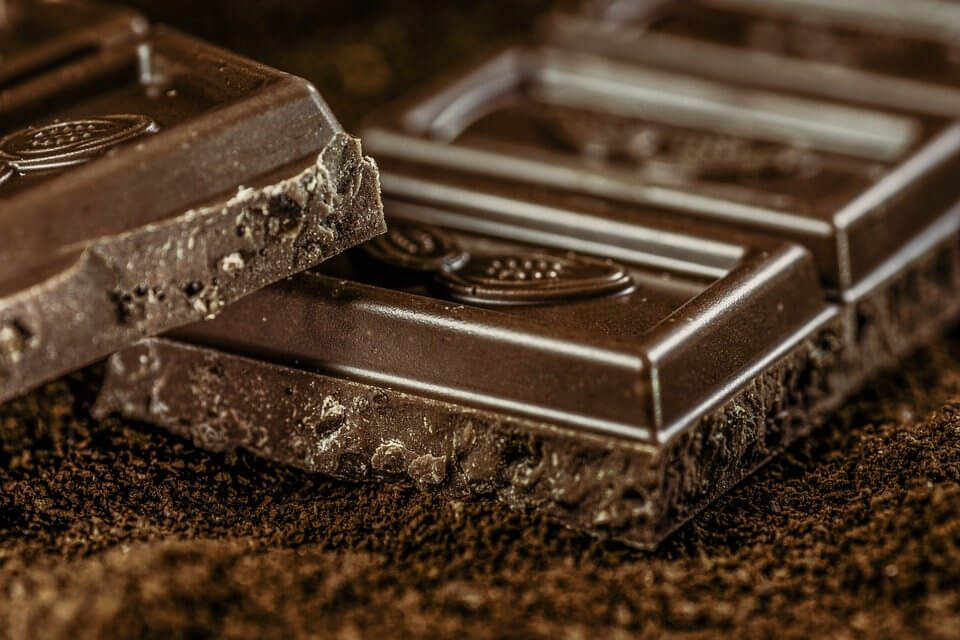
Unless you live in a toasty climate where chocolate will easily melt, it is best left on the counter or in a cupboard. Refrigeration can deplete chocolate’s flavor.
26. Flour

Some people may think that keeping flour in the refrigerator will make it last longer. But, that’s not the case. At room temp or cold temps, it truly makes no difference; flour will last for months. So, free up some extra fridge space!
27. Peppers

Here is another vegetable that many people believe needs refrigeration but doesn't. In fact, the cold temperatures can dull the peppers color and wrinkle the skin
28. Jam

All of the preservatives in a jam keep it fresh and safe to eat for months at room temperature. There's no need to occupy fridge space for that jar of jam.
29. Spices

Leaving spices inside the fridge is some people’s preference, but, this is another food item that does not require refrigeration. Instead, store spices in a spice rack or in the cupboard.
30. Apples

Apples will usually last a week or two in a bowl on the counter top. If you would like to eat them within a couple of days, just leave them at room temperature. Nevertheless, if you prefer a cold, crisp apple, make sure it is only in the fridge for a couple of days. Otherwise, it'll start to rot.
References: Huffington Post, Healthy Leo, Tip Hero, Sweet and savory













COMMENTS